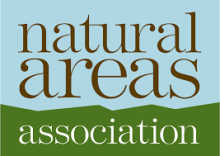Resource information
We review Miami-Dade County's Environmentally Endangered Lands (EEL) Covenant Program as a means to create protected areas on private property via financial incentives. Such incentives go a step beyond regulatory and fee simple approaches to conservation. The program is codified under Chapter 25B, Article II, of the Miami-Dade County Code as authorized by section 193.501, Florida Statutes. Under the EEL Covenant Program, landowners enter into a ten-year conservation agreement with the county, where owners agree to keep a portion of their land in its natural condition in exchange for a property tax reduction of 90%. The program creates protected areas where laws have not, sometimes in areas most vulnerable to development pressure. There are currently 85 properties in the program, encompassing 173 hectares of pine rockland, hardwood hammock, transitional ecotone, and wetland habitat. Pine rocklands are a globally imperiled ecosystem. Covenant sites can act as stepping stone reserves for some species, and several federally listed plant and animal species have been documented on multiple sites. These sites probably provide the most benefit to rare upland plant species, which often thrive in relatively small protected areas. Program successes have not come without challenges. By virtue of their location in an urban-agricultural matrix, several covenant properties experience fragmentation and edge effects, especially exotic plant species. Several covenant holders have participated in the program since its inception in 1979. The program fosters successful public/private partnerships whereby the government works directly with landowners, furthering public awareness and conservation.



